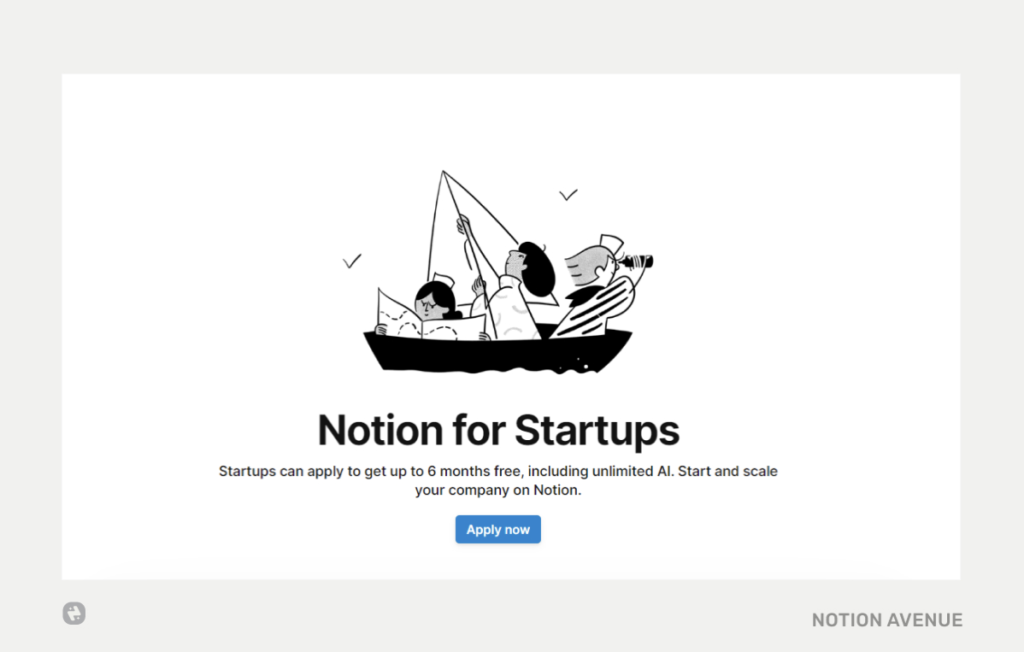
Introduction
Notion is a flexible app widely used as an operations management tool in startups and businesses of any scale. The extensive toolset it offers makes planning daily tasks, managing client databases, and keeping documents in a single place possible. Notion’s ease of use and flexibility make it a must-have tool for companies seeking to boost their workflow efficiency and improve productivity. Notion combines features such as task management, note-taking, and database management into one platform, making it easier to operate your business organized and efficiently.
Daily Task Planning with Notion
One of the main applications of the tool in a business environment is to organize and manage daily tasks. Its customizable templates facilitate the creation of the team’s daily agenda consistent with their specific workflow requirements. Managers can assign tasks and deadlines to team members and track the progress, all from the same platform. This level of organization guarantees that everyone understands what is happening and that the tasks are done on time. Prioritizing tasks according to urgency or importance further develops team productivity, making Notion an essential and valuable tool for a startup in its day-to-day operations.
Notion’s flexibility allows it to adapt to the evolving demands of business. Whether it is scaling up with the company’s expansion or adjusting to the changing requirements of different projects, Notion’s interface can be adapted to fit each scenario. This capability is vital for startups in constant change; therefore, their tools must grow with them. Besides, the function of Notion as a collaborative tool, such as shared pages and real-time editing, fosters an atmosphere of collaboration that is necessary for startup success.
Client Management and Client Data Management.
Notion’s capabilities go beyond task management to cover end-to-end client management solutions. Startups can utilize Notion to build sophisticated client databases, storing all critical information in one easily accessible place. This could be, e.g., contact details, project timelines, meeting notes, and invoicing information. A centralized client database simplifies handling client relationships, as all the team members can access the same information and thus provide consistent service.

The app’s database functionality supports the creation of custom views that can look like tables, lists, or boards, helping users to visually see their customer data and gain insights into their business’s operations. This level of customization guarantees that startups can adjust the platform to their specific needs, from tracking sales leads to project management to customer ticket management. Notion’s client management solution provides an all-in-one approach to improving communication and project management, which allows startups to deliver high-quality service effectively and efficiently.
It can be used not only to manage existing clients but also for prospecting and sales funnel management. Startups can gather potential leads, manage communication, and schedule follow-up actions – all within Notion. This comprehensive management of current and potential clients is the ultimate approach startups can use to achieve growth and success. Notion enables startups to keep their client relationship management intact while looking for new sales opportunities by centralizing the client management process.
Using Notion for Project Management
Project management is the core of every startup’s activities, and Notion provides an all-encompassing solution applicable in all stages of a project, from its inception to its completion. As a startup, you can utilize Notion to create project roadmaps, set milestones, and assign tasks to team members so that every project component is carefully planned and tracked. This organizational capability is critical for startups where resources are often limited, and efficiency is crucial.
With Notion ‘s ability to integrate with several external tools, its project management capabilities are further strengthened. Be it Google Calendar for deadlines and meetings or Figma designs directly embedded in Notion pages, the interoperability of all this ensures that all project-related information is centralized and easily accessible. Thanks to the seamless interplay of tools and resources within the Notion Ecosystem, startups retained agility and reactivity, the main factors for success in a fast-paced business world.
Centralizing Documentation with Notion
For startups, keeping a classified record of documents that include SOPs (Standard Operating Procedures) for product documentation is an obligation to scale operations seamlessly. The Notion is the best tool because it has a unified space for keeping and organizing documents. Thanks to its rich text editing and multimedia embedding features, documentation can be extensive and interactive, so the team benefits from improved understanding and engagement.

The hierarchical structure of Notion enables startups to develop a well-organized knowledge base in which the data is categorized and nested under various pages and subpages. This structure allows team members to quickly get the information they need without drifting through scattered files or folders. Notion’s documentation capabilities make it an essential tool for accelerating knowledge sharing and continuing learning in startups.
Teaming Building Through Notion
The collaborative feature of Notion is a game-changer for startups where teamwork and communication are the main elements of success. The platform provides real-time collaboration, so the team members can change the documents, databases, or projects no matter where they are. This real-time engagement develops a feeling of togetherness and ensures everyone is on the same page with their goals and achievements.
Notion also ensures transparency as it has features like comments and mentions. Team members can provide feedback, ask questions, and collaborate directly in the work context. This degree of interconnection assures that the participation is significant and successful, thus resulting in more informed choice-making and creative ideas.
Conclusion
Notion is a convenient tool that provides startups with a flexible and efficient environment for handling the daily chores, customer data, and the overall running of the business. It can be tailored to meet the needs of respective companies, thus creating a very productive and collaborative work environment. As startups keep searching for innovations to improve their efficiency and drive growth, Notion remains a potent tool that can conform to the changing needs of the business world. With the help of Notion’s comprehensive tools, startups can increase their operational efficiency, smoothly manage their clients, and eventually accomplish their business goals.
